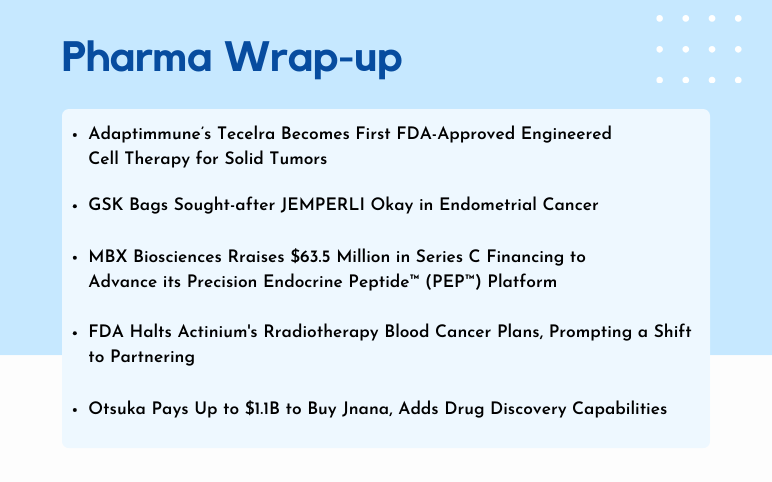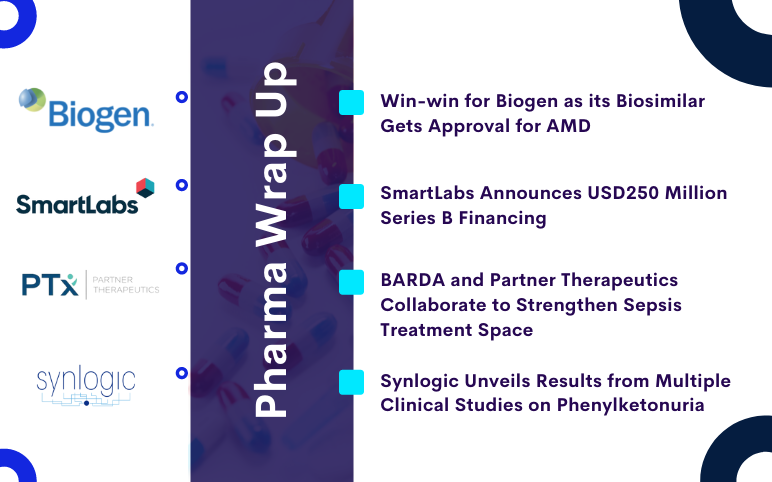Phenylketonuria is an inherited disorder characterized by the absence or deficiency of an enzyme called phenylalanine hydroxylase (PAH), responsible for processing the amino acid phenylalanine. The condition affects one in 13,500 to 19,000 newborns in the United States, says NORD. DelveInsight’s Phenylketonuria epidemiological analysis demonstrated a prevalence of 49,887 in the 7MM (the US, EU5 and Japan) in 2020, which is expected to increase further in the coming next decade.
Even though rare, the condition carries a tremendous healthcare burden and leads to severe intellectual disability in cases of a lack of proper treatment. To prevent intellectual disability, treatment consists of a carefully controlled, phenylalanine-restricted diet beginning during the first days or weeks of life. The condition is majorly treated with modifications and restrictions in diet to limit the intake of phenylalanine. However, the intake amount varies with person to person. Dietary supplements such as Lofenalac are added to block absorption of phenylalanine to a certain extent, which may be a treatment option for adults with PKU.
However, the scientific community is exploring additional approaches to treat PKU. The current explorations and evaluations in the Phenylketonuria therapy market comprise large neutral amino acid supplementation, which may help prevent phenylalanine from entering the brain, and enzyme replacement therapy, which uses a substance similar to the enzyme that usually breaks down phenylalanine. Researchers are also investigating the possibility of using gene therapy, which involves injecting new genes to break down phenylalanine. That would result in the breakdown of phenylalanine and decreased blood phenylalanine levels. Several pharmaceutical companies such as PTC Therapeutics, Homology Medicines, Synlogic, BioMarin Pharmaceuticals, among others are developing novel pipeline therapies to push the growth of the Phenylketonuria market size and capture the maximum market share along with the patient pool.
PTC Therapeutics is developing a therapy, CNSA-001 (PTC923, Sepiapterin), which is an oral formulation of synthetic sepiapterin, a precursor to intracellular tetrahydrobiopterin-a critical enzymatic cofactor involved in the metabolism and synthesis of numerous metabolic products. The therapy has successfully completed the Phase II clinical trial for Phenylketonuria and is set to be evaluated in Phase III. Recently, in May 2021, both the FDA and EC granted Orphan Drug designation to PTC923 for hyperphenylalaninemia.
Homology Medicines is developing HMI-102, as an investigational gene therapy to treat phenylketonuria (PKU) in adults. The therapy is designed to encode the PAH gene, which is mutated in people with PKU, delivered via the liver-tropic AAVHSC15 vector. In May 2019, the US FDA granted Fast Track designation for HMI-102, Homology’s one-time gene therapy for the treatment of adults with PKU. Homology is conducting the Phase II dose expansion portion of a randomized, concurrently controlled clinical trial (called the pheNIX study).
Another emerging therapy in the Phenylketonuria therapy market is SYNB1618, an oral investigational synthetic biotic medicine designed by Synlogic. The drug works by breaking down Phe in the GI tract thus, reducing plasma Phe levels or allowing patients to consume higher amounts of natural protein, improving their quality of life. The therapy had already received FDA Orphan Drug designation to treat PKU in October 2017 and Fast Track designation in April 2018. Synlogic has initiated a Phase II study in Phenylketonuria patients called SynPheny-1.
DelveInsight estimates that out of all the emerging therapies, PTC-923 is expected to make a positive impact in the Phenylketonuria market and capture the major market share owing to its oral formulation, promising trial results, and novel MoA. However, CNSA-001 is also expected to capture the limelight as it is targeting the complete PKU patient pool, whereas SYNB1618, and HMI-102, are only for adult PKU patients.
The rising prevalence of PKU among the growing population, including newborns and adults, has surged demand for its treatment worldwide. Growing research activities to treat PKU plays a vital role. Moreover, governmental support for ongoing clinical research has allowed the US to dominate the Phenylketonuria treatment landscape. In recent years, small and large pharmaceutical and nutraceutical companies have become increasingly dependent on contract research organizations (CROs) and other clinical services to provide research services to their R&D operations.



